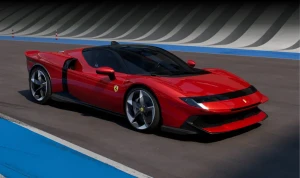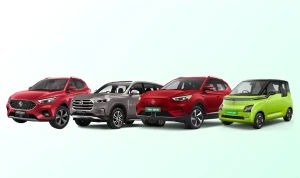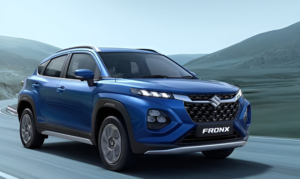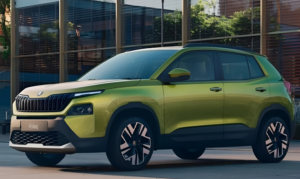Does E20 Petrol Affect Mileage? Here’s All You Need to Know About Govt-Imposed Biofuel
- Real impact of E20 fuel on your car’s mileage and performance.
- Government Biofuel Policy in India and what it means for you.
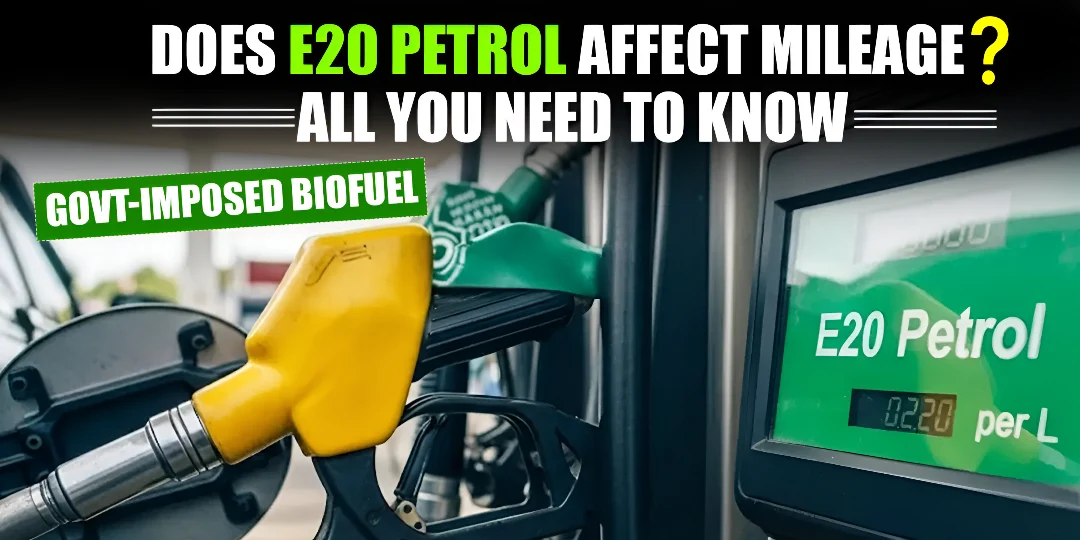
People are starting to wonder whether E20 petrol — the government‑mandated blend of 20% ethanol and 80% petrol — is secretly sipping away their car mileage.
Across India, drivers are swapping notes at fuel stations, WhatsApp groups, and tea stalls about whether this greener fuel is worth the switch.
The truth? It’s a mix of science, policy, and a little bit of driver habit.
Catch the latest launches and updates on CarOnPhone!What Is E20 Fuel in India?
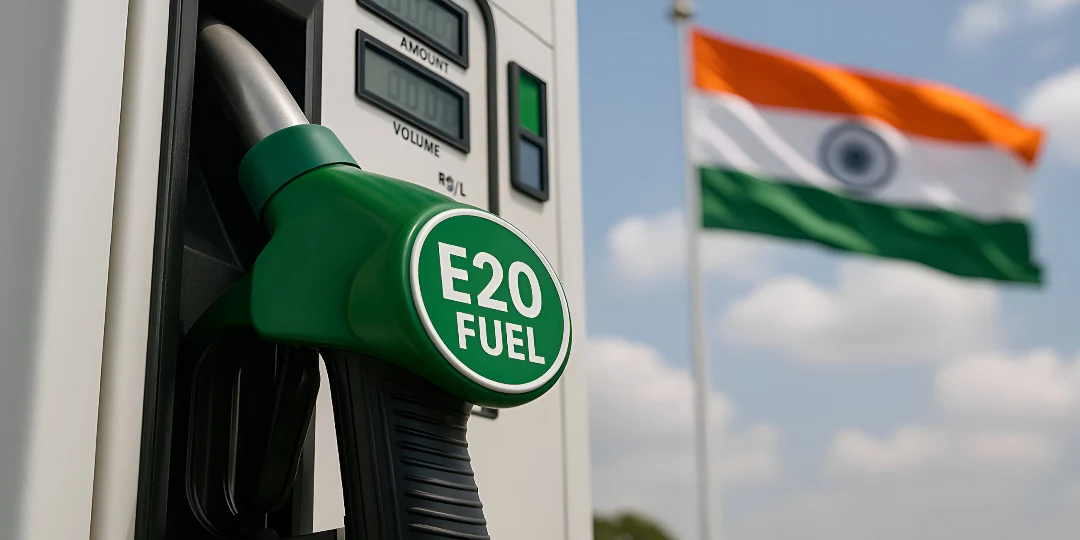
E20 fuel in India is part of the Government Biofuel Policy. It’s aimed at cutting crude oil imports, boosting farmer incomes, and lowering vehicle emissions.
Ethanol is the core bio‑component in E20. It is made from renewable sources like sugarcane, corn, and agricultural waste.
This is where the biofuel advantage kicks in, because E20 is cleaner‑burning, supports rural economies, and reduces carbon footprints all round.
Mileage Question: Does E20 Petrol Really Drink More Fuel?
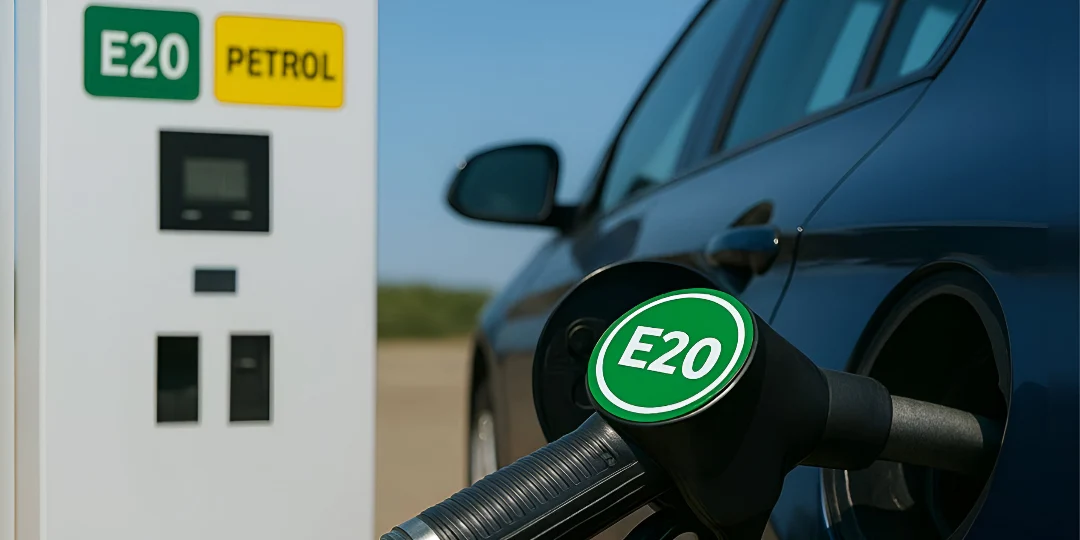
Yes, but only a little. Government‑backed studies from ARAI and Indian Oil’s R&D show E20 petrol mileage can drop by about 1-2% in cars designed for E10 and tuned for E20, and around 3-6% in older, non‑E20‑ready vehicles. That’s because ethanol has slightly lower energy density than pure petrol.
In real‑world terms, if your car gave you 15 km/l on E10, you might now see 14.7–14.8 km/l — hardly a wallet‑breaking change. And with proper engine tuning, even that dip can shrink.
E20 Fuel: Pros & Cons
Biofuel Advantages:
- Cleaner emissions, meaning less urban smog.
- Reduced oil import bills, saving billions in foreign exchange.
- New income streams for farmers supplying ethanol feedstock.
Biofuel Disadvantages:
- Slight mileage drop for some vehicles.
- Possible need for simple part replacements (like rubber gaskets) in older cars. This could be required after 20,000 to 30,000 km.
- Limited availability of pure petrol (E0), especially for those who prefer it.
E20 Fuel & Engine Damage
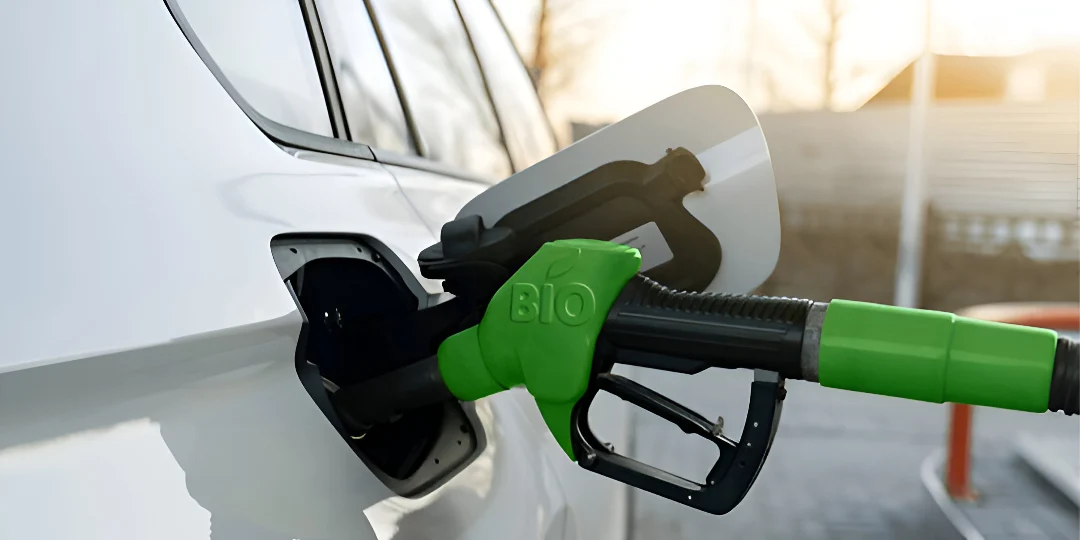
The government insists E20 is safe for all E20‑compatible vehicles, with corrosion inhibitors built into the blend.
For older models, the risk is minimal but not zero. Think of this fuel like switching to a new cooking oil. Your kitchen handles it fine, but you might need to swap out an old filter sooner rather than later.
Why Push for E20 Now?
India has met its 20% ethanol blending target five years ahead of schedule. This aggressive rollout is part of a long‑term energy security plan for Bharat.
The Government Biofuel Policy India isn’t purely about fuel, it’s also about reducing dependence on volatile crude markets, reducing the nation’s emissions, and giving farmers a bigger role in the energy economy.
What to Know About E20 Petrol Mileage
If your car is E20‑ready, you have little to worry. The mileage drop is small. Also, the environmental gains are real.
For older vehicles, you’ll need to keep an eye on performance, follow your service schedule, and talk to your mechanic about any changes.
E20 fuel in India is here to stay. It’s not perfect, but it’s a strong step toward cleaner air, stronger rural economies, and less reliance on imported oil.
While your mileage may drop slightly, the bigger eco-picture might just be worth this trade‑off.
Tags:
CarOnPhone is your one-stop destination to see all upcoming cars, latest cars, released cars, and EV Cars, and compare Cars in all Car Brands. Stay tuned and follow us to update yourself on the automotive world.



